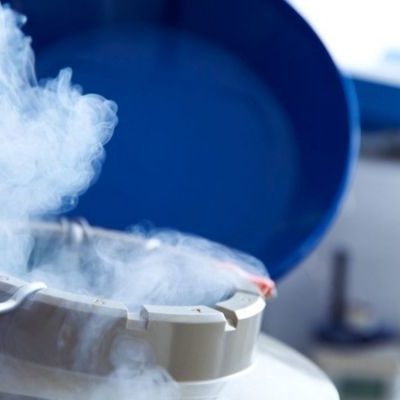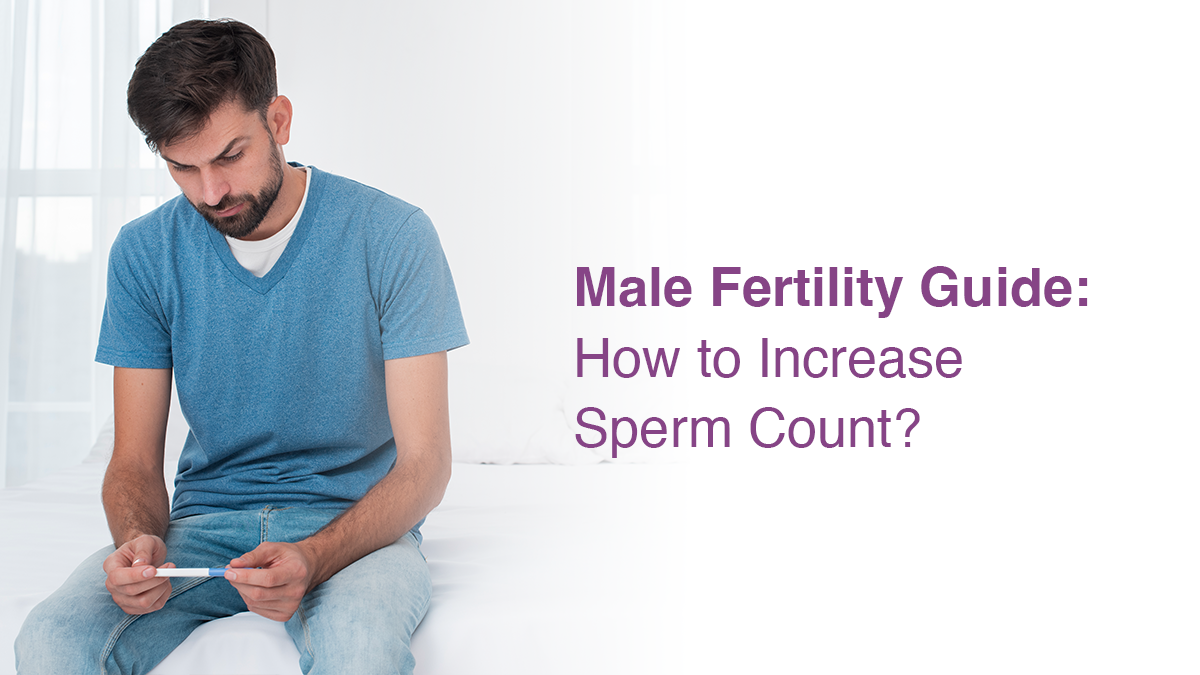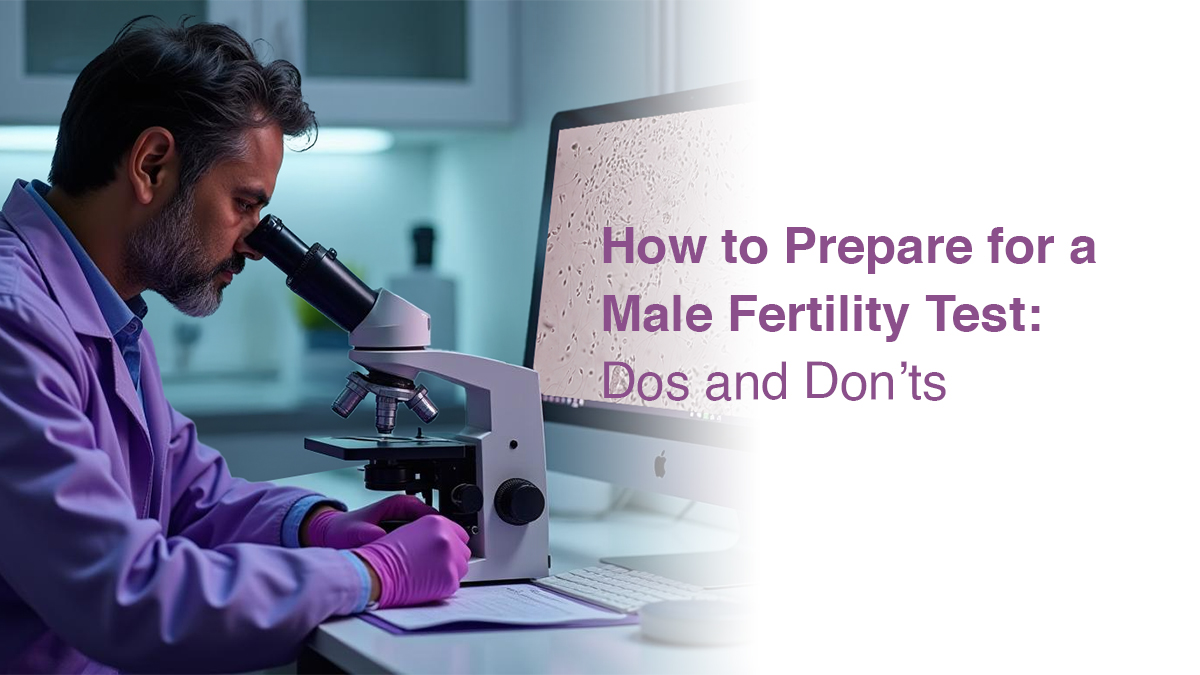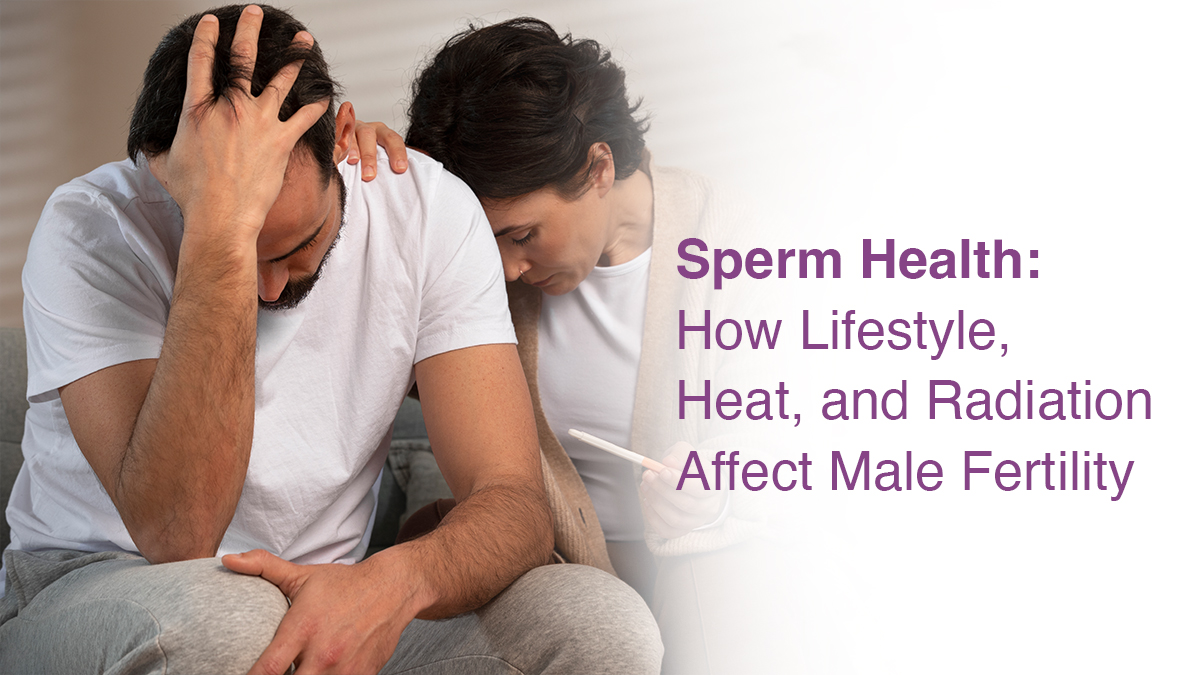
Does Egg Freezing Help In Protecting Fertility?

Why Egg Freezing Works?
Egg freezing enables women to utilize their very own eggs, freeze when they are youthful and sound, to enable them to accomplish a pregnancy later—when they may some way or other have a harder time discovering healthy eggs.
The extravagant logical name for egg freezing is “oocyte” (egg) “cryopreservation” (freezing). Cryopreservation is a decades-old methodology utilized in a few parts of medication. The fundamental reason is this: cooling cells, for this situation egg cells, to an exceptionally low temperature (think – 196º Celsius, or about – 320º Fahrenheit) stops all cell action, including maturing. In layman’s terms, that implies freezing your eggs keep them from maturing as they ordinarily would, keeping up their young sparkle (and absence of chromosomal imperfections) uncertainly.
How does it function?
There are two unique strategies used to get eggs to this low temperature: vitrification, a glimmer freezing strategy, and moderate freezing, which is, well, precisely what it seems like. There are huge amounts of proof that vitrification is the most compelling strategy as it lessens the opportunity of harm to the egg, prompting higher paces of egg survival in the wake of freezing and defrosting and better by and large egg freezing achievement rates.
Here at Oasis Fertility Centre, we use advanced vitrification, the most exceptional technique for cryopreservation accessible, bringing about a close to 100% egg survival rate. In spite of the fact that a 100% survival rate doesn’t really mean 100% of the eggs will be prepared and lead to pregnancy, it’s the most ideal spot to begin when or in the event that you utilize your frozen eggs.
Why does it work?
Egg freezing enables women to get pregnant later for two essential reasons.
Right off the bat, fresh eggs are bound to be normal. That is on the grounds that women are brought into the world with every one of the eggs they’ll ever have, and as they age, their eggs are less inclined to contain hereditarily typical DNA. Since DNA resembles a guidance manual for cells, any harm to it can keep that cell from doing what it should do which, on account of the egg, is making a sound child.
So as women get more seasoned, they’re left with a lower level of their general egg tally that will be hereditarily typical. This issue is known as egg quality, and its decrease is normal and unavoidable. However, on the off chance that a lady’s eggs are frozen while she’s as yet youthful, those eggs will stay away from the harm that accompanies age and is bound to prompt a sound pregnancy.
Furthermore, freezing and defrosting eggs has no impact on the opportunity of pregnancy when utilizing those eggs during in vitro treatment. This was resolved during a huge randomized controlled trial (the most solid sort of study specialists can do) distributed in 2010. From a populace of 600 women experiencing in vitro fertilization treatment with eggs from an egg contributor or donor, a large portion of the cycles utilized “fresh” (as of late recovered, never frozen) eggs and half-utilized eggs that had been frozen and defrosted. The outcome: progressing pregnancy rates were basically the equivalent between the two gatherings or groups, and specialists inferred that frozen and defrosted eggs were not the slightest bit substandard compared to new or the fresh ones.
That implies that a woman who froze her eggs at age 30 and defrosted them for use at 40 has roughly a similar shot of accomplishing pregnancy as she would have to utilize those eggs in an in vitro treatment cycle at the time she froze adequately ceasing the clock on her fertility. It additionally implies that egg freezing achievement rates straightforwardly correspond to the age at which a woman froze those eggs.


fill up the form to get a
Free Consultation
Avail 0% interest on EMI
All Procedures | No Upper Limit
How we reviewed this article:
- Current Version
- November 7, 2019 by ShootOrder





